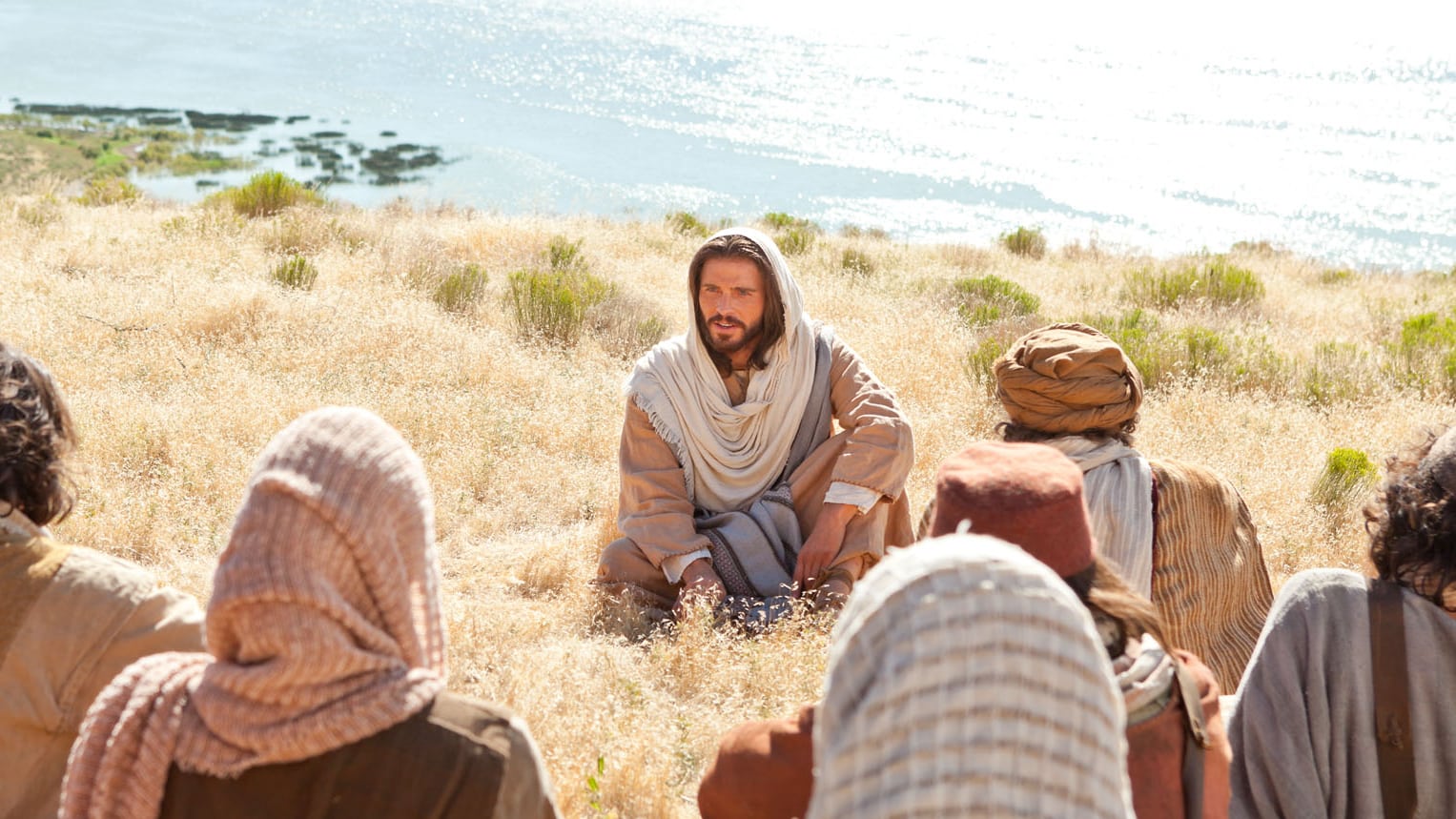Blessed are the merciful, for they will obtain mercy. (Mt 5:17)
According to Fr. Daniel Harrington, S.J. (Sacra Pagina, The Gospel of Matthew, pp. 79), “Mercy is first of all an attribute of God, who in turn desires mercy from human beings. Matthew twice quotes Hosea 6:6 on God’s desire for mercy (Mt 9:13; 12:7) and calls mercy a weighty matter of the Law (Mt 23:23). Proverbs 14:21 provides us the ultimate background for our required commitment to mercy: “He sins who despises the hungry; but happy is he who is kind to the poor.” According to The New Jerome Biblical Commentary (pp.640), “This mercy refers to the pardoning of one’s neighbor (Mt 6:12, 14-15; 18:35) and to love (Mt 9:13; 12:7; 23:23).”
In Matthew’s Judgment of the Nations (Mt 25:31-46), Jesus’ words are clear:
“For I was hungry and you gave me no food, I was thirsty and you gave me no drink, a stranger and you gave me no welcome, naked and you gave me no clothing, ill and in prison, and you did not care for me. Then they will answer and say ‘Lord, when did we see you hungry or thirsty or a stranger or naked or ill in prison, and not minister to your needs?’ He will answer them, ‘Amen, I say to you, what you did not do for one of these least ones, you did not do for me.'”
Fr. Michael Crosby, O.F.M. Cap. reflects that:
“Mercy flows from an inner disposition of covenantal fidelity or truth. More important than the observance of external laws, the ethical norm of mercy would evidence an internal dedication to live according to God’s plan. This is the kind of mercy that God desires, even more than sacrifice, if the latter means a legalistic ritual void of covenantal care. Matthew desired to stress this inner quality of care for his divided community in a singular way. Of all the Gospel writers, he alone quoted Hosea’s (6:6) words about mercy—not just once, but twice—‘For it is love (eleos) that I desire, not sacrifice, and knowledge of God rather than holocausts.’ (Mt 9:13; 12-7)” (Spirituality of the Beatitudes: Matthew’s Challenge for First World Christians, pp. 143)
In our own lives, may we ponder the ways we might live out this beatitude of mercy…
- Perhaps there is someone in need of our forgiveness?
- Perhaps there is someone in need of our prayers?
- Perhaps there is someone in need of our financial surplus?
- Or perhaps there is someone waiting for us at a homeless shelter, prison, or crisis pregnancy center in need of our volunteer efforts?
Perhaps.








